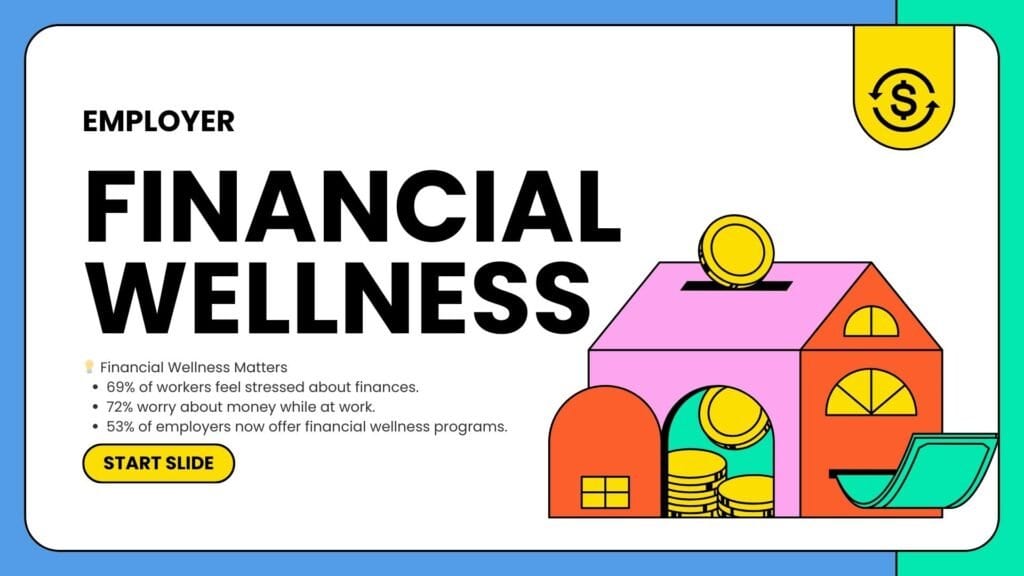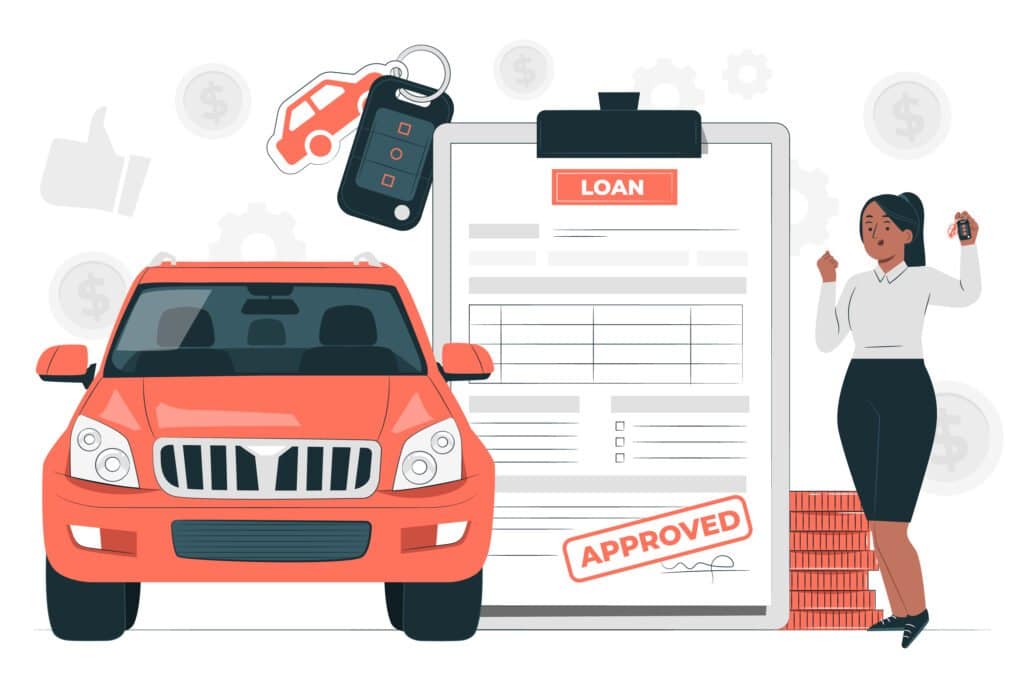Debt Payoff Calculator: Optimize Your Payoff with the Debt Avalanche Method
This debt payoff calculator estimates the time needed to pay off one or multiple debts. It also provides users with the most cost-efficient repayment sequence, allowing for extra payments to be included. The calculator employs the debt avalanche method, widely recognized as the most financially efficient payoff strategy. By prioritizing debts with the highest interest rates, this approach helps minimize total interest paid, accelerating your journey to financial freedom.
This tool is designed to support informed decision-making, offering a clear and effective strategy for managing and reducing debt, ultimately leading to long-term financial stability.
Debt Calculators
Debt Consolidation Calculator
Payment Calculator
Understanding Loans and Debts: A Fundamental Part of Modern Economy
Loans and debts are integral components of today’s economic landscape. Whether you’re an individual, a company, or even a government, taking on debt is often necessary to maintain operations. From mortgage loans and student loans to auto loans and credit card debt, most people will encounter some form of debt during their lifetime.
The Dual Nature of Debt
When managed responsibly, debt can be a powerful tool. It enables people to own homes, purchase cars, and keep their lives moving forward. However, debt can also be a significant source of stress, leading to severe mental, physical, and financial problems over time. High levels of debt, especially credit card debt, can encourage overspending, resulting in substantial interest expenses. This can interfere with financial planning, lower credit scores, and harm personal lives.
The Benefits of Early Debt Payoff
Many people strive to be debt-free and pay off debts early when possible. A common strategy to accelerate debt repayment is making extra payments in addition to the required minimum monthly payments.
How Extra Payments Work
Borrowers can make one-time extra payments or consistently pay additional amounts each month or year. These extra payments reduce the principal balance, shorten the loan term, and decrease the total interest paid over the life of the loan.
The Debt Payoff Calculator above is designed to help you plan these extra payments, whether one-time or periodic and calculate their impact on your debt repayment timeline.
Before making extra payments, checking if your loan has an early payoff penalty is crucial. Additionally, consider whether paying off debt faster is the best financial decision for your situation. For example, building an emergency fund or investing in stocks may provide more significant benefits than paying off low-interest debt early.
Strategies for Paying Off Debt Early
Once you’ve decided to pay off your debt early, it’s essential to approach this goal with firm financial discipline. Achieving this often requires creating a budget, cutting unnecessary expenses, selling unwanted items, and adjusting your lifestyle. Here are some effective strategies to help you pay off debt faster:
Debt Avalanche Method
The Debt Avalanche Method is the most cost-efficient way to pay off debt. This method first focuses on paying off debts with the highest interest rates while making minimum payments on other debts. As each high-interest debt is paid off, the payment amount is then applied to the next highest-interest debt, creating a cascading effect.
For example, if you have a credit card debt with an 18% interest rate, it will take priority over a mortgage with a 5% interest rate or a personal loan with a 12% interest rate. The Debt Payoff Calculator uses this method, ordering debts from highest to lowest interest rates.
Debt Snowball Method
The Debt Snowball Method focuses on paying off the smallest debt first, regardless of the interest rate. Once the smallest debt is paid off, the payments are applied to the next smallest debt. While this method may result in higher overall interest costs than the Debt Avalanche Method, the psychological boost from quickly paying off smaller debts can motivate you.
However, the Debt Payoff Calculator does not utilize this method.
Debt Consolidation
Debt Consolidation involves combining multiple debts into a single, larger loan, often at a lower interest rate. This can simplify repayment and reduce stress by converting several monthly payments into one. Debt consolidation is particularly beneficial for paying off high-interest debts like credit card balances. For more information, use the Debt Consolidation Calculator to explore this option.
Alternative Methods for Managing Debt
Sometimes, borrowers face financial challenges that make it difficult to repay mounting debts. In the U.S., there are several alternative methods to manage debt, but these options should be considered carefully as they may have long-term consequences.
Debt Management
Debt Management involves working with a credit counselor from an approved agency. The counselor reviews your financial situation and negotiates with creditors to reduce interest rates or monthly payments. If a debt management plan is deemed viable, the counselor will take over your debt payments, requiring you to make a single monthly payment to the agency. While this can negatively impact your credit score initially, it can prevent more severe consequences associated with debt settlement or bankruptcy.
Debt Settlement
Debt Settlement involves negotiating with creditors to settle your debt for less than what you owe, typically resulting in a 45% to 50% debt reduction. However, this method can significantly harm your credit score and may involve paying taxes on forgiven debt, as the IRS considers it taxable income.
Bankruptcy
Bankruptcy is a legal process for individuals or entities that cannot repay their debts. The two most common types for individuals are Chapter 7 and Chapter 13 bankruptcy.
- Chapter 7 Bankruptcy: This type discharges most debts but may require the sale of assets to pay creditors. It typically takes six months to a year to complete.
- Chapter 13 Bankruptcy: This type reorganizes your debt into a repayment plan lasting three to five years. It allows you to keep your assets while paying off debt over time.
Both types of bankruptcy will significantly impact your credit report for up to a decade, making obtaining new credit or loans challenging.
Making Informed Decisions
Debt management is a crucial aspect of financial health. Whether you accelerate your debt repayment, consolidate debt, or explore alternative methods like debt management or bankruptcy, it’s essential to consider all options carefully. Use the Debt Payoff Calculator to help you make informed decisions that align with your financial goals and needs.
Debt can be a helpful tool or a heavy burden, depending on how it is managed. By understanding the available strategies and making informed decisions, you can effectively manage your debts and work toward a secure financial future.
When it comes to funding your business, there are two main options to consider: debt financing and equity financing. Both can help you secure the money you need, but they work in very different ways. Understanding the differences can help you decide which option makes the most sense for your goals. Here’s a simple breakdown […]
When purchasing a vehicle, deciding how to pay for it is one of the biggest decisions buyers face. Should you finance your car through a loan or pay upfront with cash? Each approach has unique advantages and drawbacks, and the right choice often depends on your financial situation, goals, and long-term plans. In this guide, […]
Table of Contents Why Do I Owe Federal Taxes? Understanding Your Tax Bill If you found yourself owing federal taxes this year, you’re not alone. Many Americans wonder why they owe federal taxes, especially if they’ve been expecting a refund. There are several reasons this could happen, and understanding them can help you prepare better […]
Table of Contents If you’ve ever wanted to get free products in exchange for honest reviews or wondered how some Amazon users manage to receive early access to products, becoming an Amazon reviewer could be the answer. With the right approach, you can start building credibility, growing your reviewer profile, and even joining Amazon’s exclusive […]





